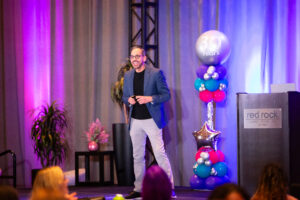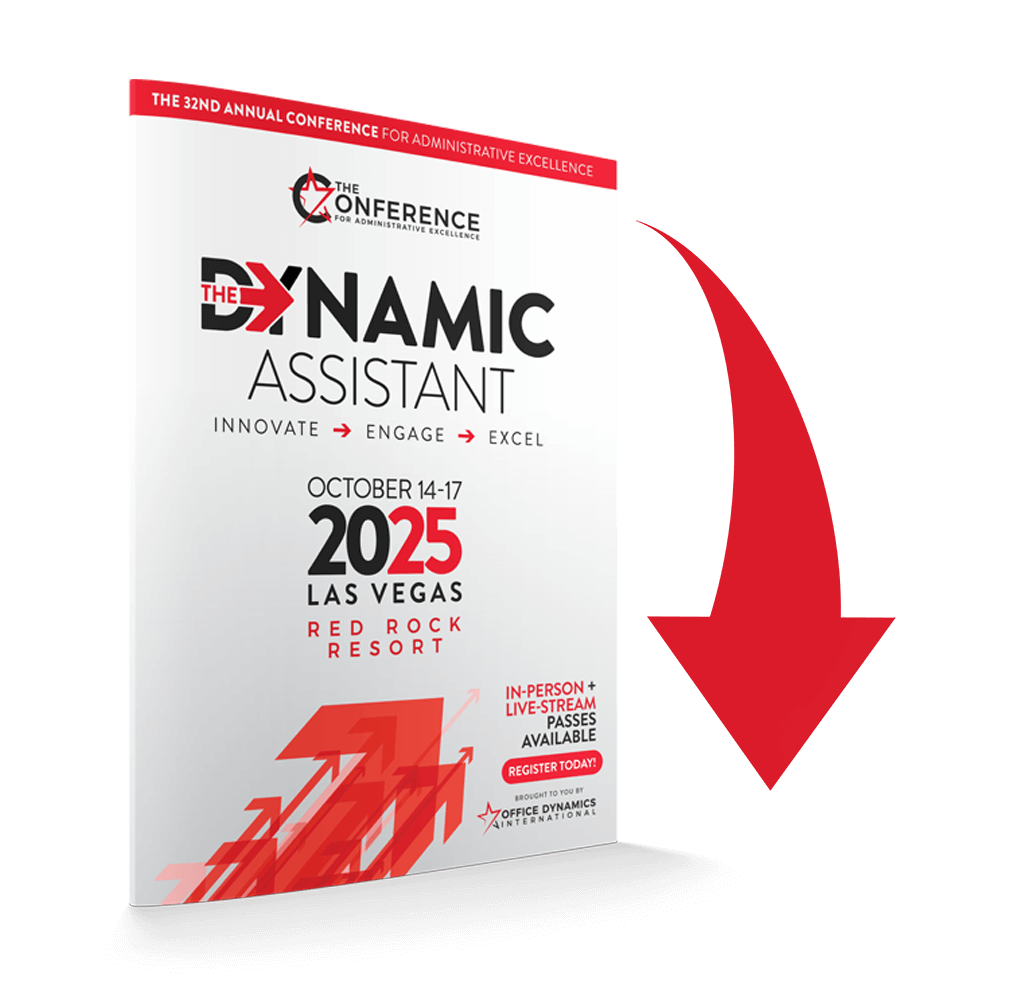This is a guest post submitted by Mariel Norton & Rachael Pegram in collaboration with Lakestar McCann. 
Why using social media as a means of recruitment can backfire
Last year it was reported that 4.2 billion people use their mobile device in order to access social media sites, and with Facebook home to over 1.15 billion users, it’s fair to say that the world and its dog (world’s cutest canine Pomerian pup Boo has over 8 million likes on Facebook) are pretty active on the social networking scene.
With so much of our private information available on many a public domain, this makes it easier than ever to stalk keep track of certain individuals and businesses. However, with many people treating their social networking accounts as a frivolous pastime, it’s easy for users to mindlessly post images that may seem relevant at that time but could be mistakenly taken out of context at a later date.
Anti-social networking
One such instance that has proved highly disastrous for social media fanatics is the process of job hunting, whereby applicants may link their social networking accounts to their CVs without checking to see if any of the content posted will cause offence to the recruiter. Quite often a potential job candidate will happily supply details of their Facebook account, only for the hiring company to discover the applicant’s penchant for say, being photographed clutching a bottle of beer whilst behind the wheel of a car (true story).
Yet even if you choose not to impart information relating to your digital persona, the practice of recruiters looking up the online profiles of applicants is more prevalent than people like to think. A recent survey undertaken by CareerBuilder noted that 53 per cent of employers who sought out a candidate’s social networking profile and found inappropriate photos on their account rejected them – even if they met the qualifications required for that role. But by the same token, 50 per cent of businesses admitted to employing job seekers due to their online profiles delivering a “good feel” in regards to their personality; as well as how suited they would be in that company’s particular work culture.
Personal vs professional
Despite your LinkedIn profile containing all the professional data you need to make a good impression, recruiters often turn to your Facebook profile – which could leave them with a negative lasting impression. Naturally your professional performance will be a contributing factor to securing the job, but with work culture becoming a much more significant element within businesses, recruiters are likely to evaluate your personal mannerisms by checking out your profile on Facebook.
With it becoming the norm for the majority of job applicants having at least three social networking profiles (Facebook, Twitter and LinkedIn), it may seem out of the ordinary for a candidate to not have a social media presence, giving employers reason to suspect that you may have something to hide – and this can greatly influence how a recruiter judges your suitability for their workplace.
So it’s important to bear in mind you should ALWAYS assess and regulate your online habits. For while leaving your social networking profiles exposed may be the fault of the job candidate for being caught up in heat of the moment, they risk being burned – while details of their escapades face being spread like wildfire among other recruiters in that candidate’s chosen job sector.
Post contributed by Mariel Norton and Rachael Pegram in collaboration with Lakestar McCann
Image courtesy of FreeDigitalPhotos.net







